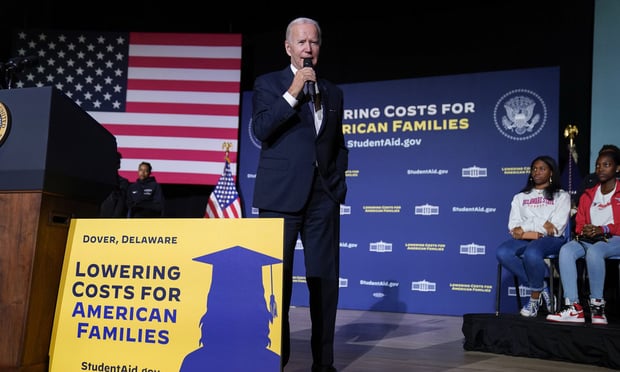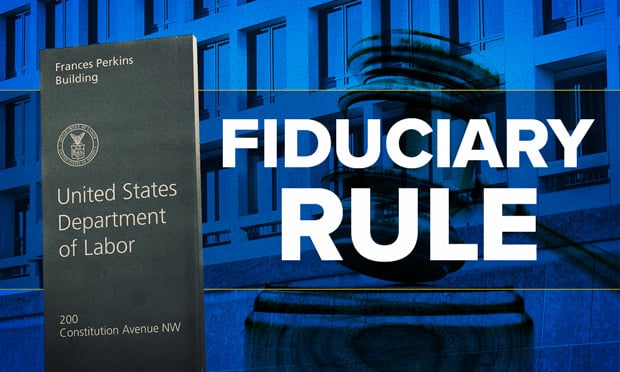 As more Americans live longerwithout the safety net of a traditional pension, the data suggestthey're spending frugally to make sure their wealth lasts.
As more Americans live longerwithout the safety net of a traditional pension, the data suggestthey're spending frugally to make sure their wealth lasts.
(Bloomberg) –The rich aren't just getting richer. They'regetting older. And, fortunately for their children, they're set toleave plenty of money in the bank.
|About $36 trillion will flow from one generation to another overthe next 30 years, according to a report from wealth manager UnitedIncome. The pace of bequests has already started surging. Americansinherited $427 billion in 2016, the most recent data available, up119 percent from 1989 even after adjusting for inflation.
|Related: Inheritance plans still a needlessly tabootopic
|"Wealth equal to nearly two times the size of the U.S. GDP isexpected to be gifted to charities and heirs over the next fewdecades," said United Income founder Matt Fellowes. "It's ahistorically unprecedented amount that is almost incomprehensiblylarge."
|The beneficiaries aren't all that young themselves. The study,which uses Federal Reserve and academic data, shows that from 1989to 2016 U.S. households inherited more than $8.5 trillion. Overthat time, the average age of recipients rose by a decade to 51.More than a quarter of bequests now go to adults 61 or older.
|"Instead of diapers and school, inheritances are increasinglygoing toward medical bills and retirement savings," Fellowessaid.
|Wealth wave
Even inheritances, then, are part of a dynamic that's wideningthe wealth gap between generations. Americans younger than 50 heldjust 16 percent of all investable assets in 2016, downfrom 31 percent in 1989, according to the Fed's triennial Survey ofConsumer Finances, leaving the rest to households 50 and older.
|Age inequality is most dramatic when comparing the oldest andyoungest adults. In 1989, the median household age 65 to 75 heldalmost eight times more wealth than families headed by 25- to35-year-olds. By 2016, according to an analysis by the St. LouisFed, the median baby boomer had close to 13 times more wealth thanthe typical millennial.
|While boomers as a group inherited trillions from their parents,most members of the postwar generation got nothing. About 20percent of households have received inheritances, United Income'sanalysis shows, a share that's flat over the past 30 years.
|The good news is that these bequests are coming in handy. Themedian recipient gets about $55,000, which is more than doubletheir typical retirement savings.
|"Most inheritances are going to older adults who have little inthe way of retirement savings," said Fellowes, a former BrookingsInstitution scholar. "People receiving inheritances are prettymiddle class."
|The average inheritance received in 2016 was about $295,000, upfrom $169,000 in 1989, after adjusting for inflation.
|United Income, an online retirement planning firm, was foundedin 2016 and acquired in July by Capital One Financial Corp.
|As more Americans live longer without the safety net of atraditional pension, the data suggest they're spending frugally tomake sure their wealth lasts. The result is more Americans dyingbefore they can spend all of their savings. Financial advisers saythey often need to encourage affluent clients to enjoy their wealthrather than hoarding it.
|Only about 9% of estates consist entirely of a house or otherproperty, United Income's analysis shows. The average estate is 46%stocks, bonds, cash and other liquid investments –- giving animmediate boost to recipients' own retirement planning at a keytime.
|The money left behind for middle-class Americans is dwarfed bythat inherited by the children of the very wealthy. United Income'sestimates don't include gifts made during donors' lifetimes –- atypical move in estate planning for the ultra-high net worthcohort, often using trusts. It still found a widening gulf betweenthe super rich and everyone else.
|The median inheritance has risen only about $15,000 in threedecades, while they've more than doubled for the 0.3% of Americansreceiving at least $1 million. In 1989, their inheritances averagedan inflation-adjusted $2.7 million. By 2016, they were each gettingan average of $6.6 million.
|Read more:
|- Generational wealth transfer to hit $68trillion
- 9 states with the highest deathtaxes
- Naming account beneficiaries: Don't overlook thiskey step
Copyright 2019 Bloomberg. All rightsreserved. This material may not be published, broadcast, rewritten,or redistributed.
Complete your profile to continue reading and get FREE access to BenefitsPRO, part of your ALM digital membership.
Your access to unlimited BenefitsPRO content isn’t changing.
Once you are an ALM digital member, you’ll receive:
- Critical BenefitsPRO information including cutting edge post-reform success strategies, access to educational webcasts and videos, resources from industry leaders, and informative Newsletters.
- Exclusive discounts on ALM, BenefitsPRO magazine and BenefitsPRO.com events
- Access to other award-winning ALM websites including ThinkAdvisor.com and Law.com
Already have an account? Sign In
© 2024 ALM Global, LLC, All Rights Reserved. Request academic re-use from www.copyright.com. All other uses, submit a request to [email protected]. For more information visit Asset & Logo Licensing.








